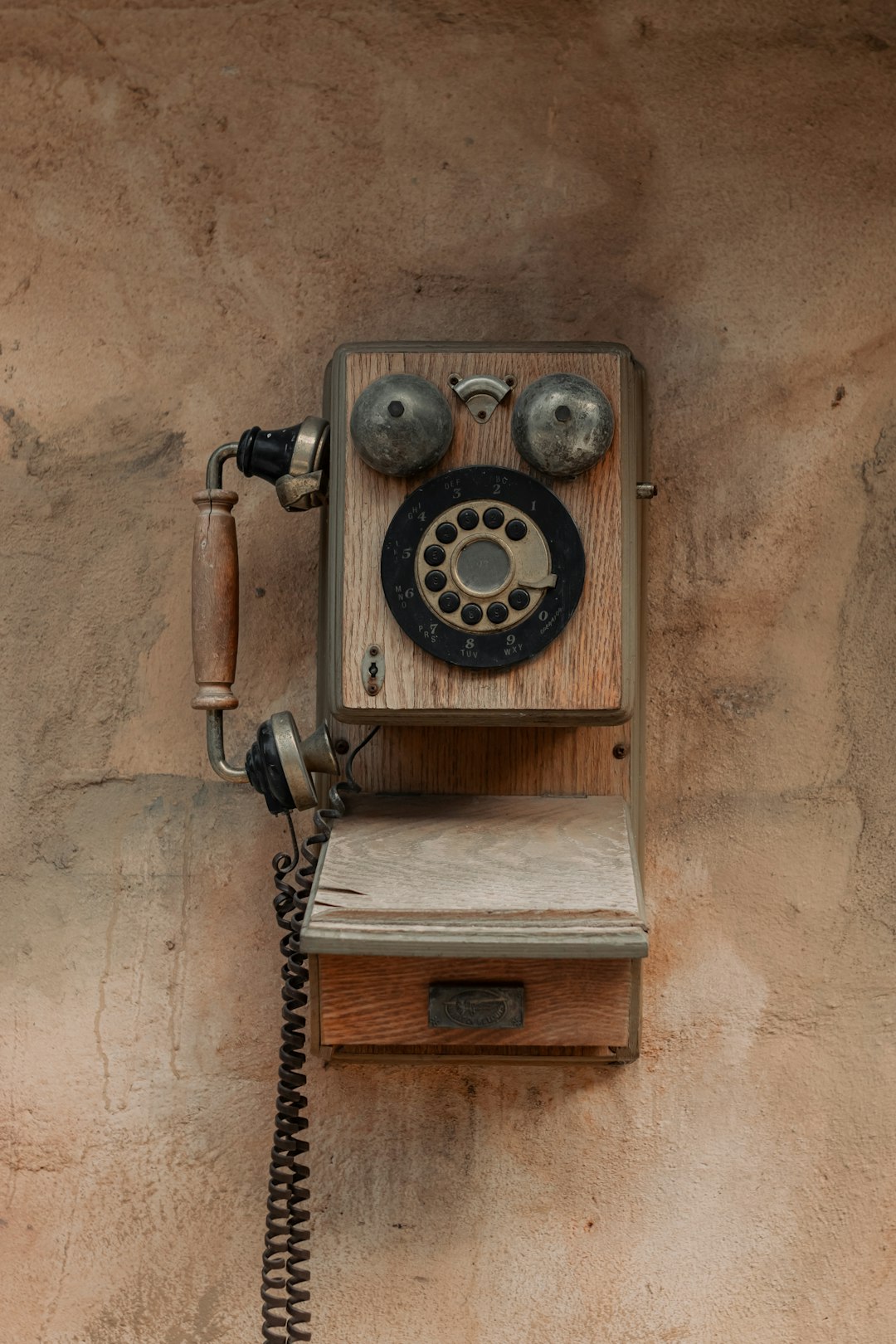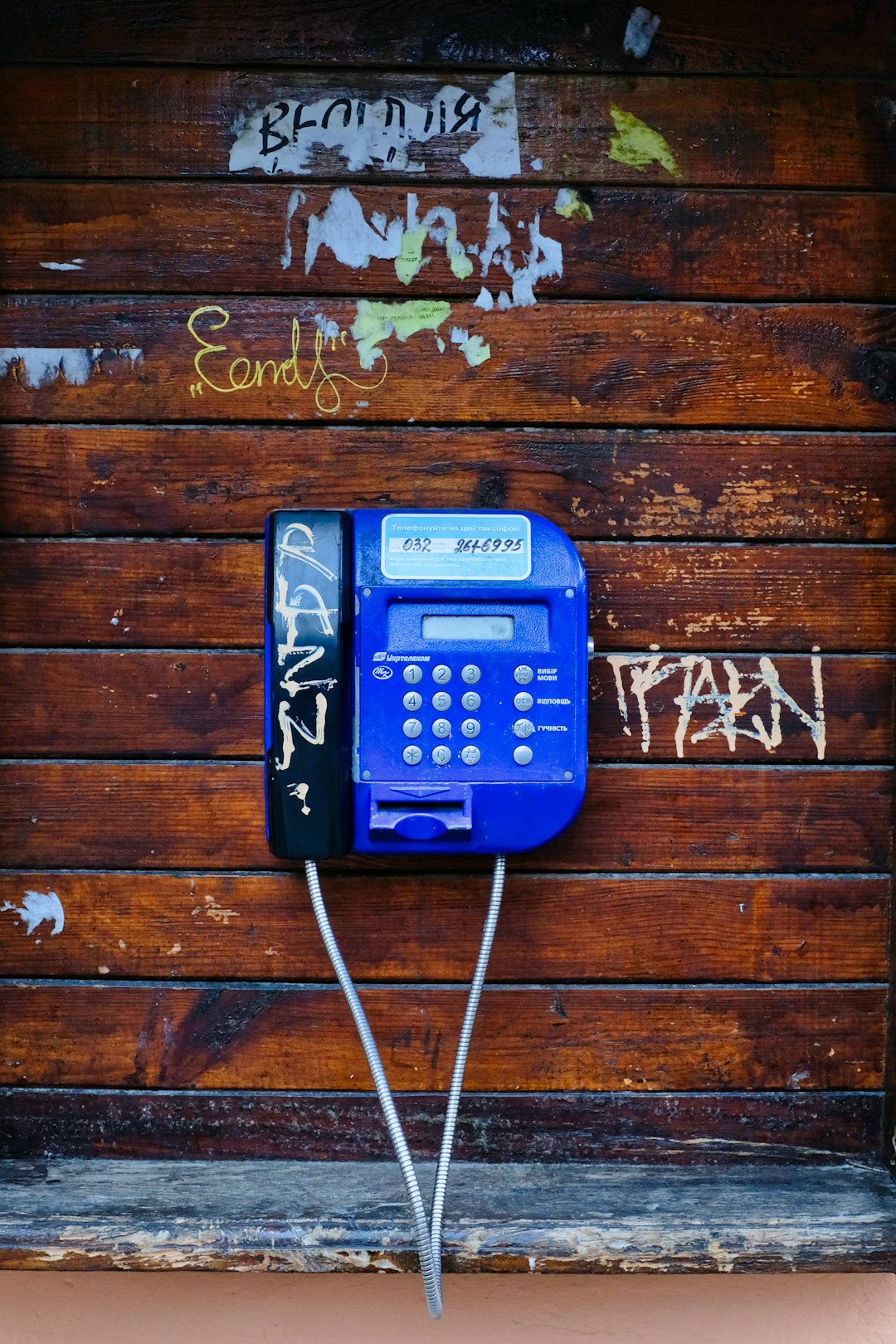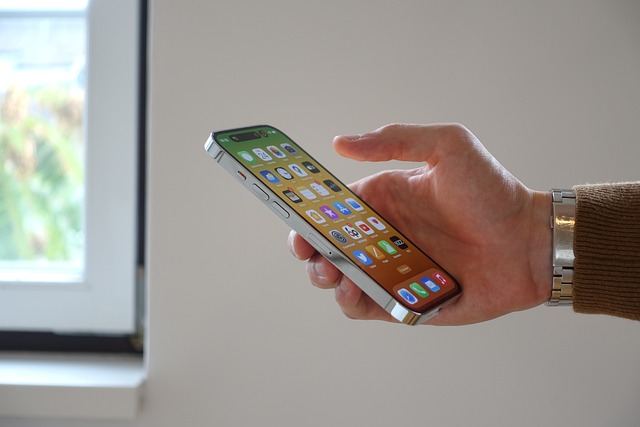South Dakotans can protect their phone privacy by signing up for the Do Not Call (DNC) list, administered by the Attorney General's Office. This initiative blocks automated telemarketing and debt collection calls from landlines and cell phones. Both landline and mobile users provide personal details to service providers, with landlines opting into the National DNC Registry, while cell phone subscribers can register with their provider and the national registry. Do Not Call law firms in South Dakota help residents avoid unwanted calls. The state's laws differentiate between landline and cell phone numbers due to varying usage patterns, requiring tailored registration strategies. Businesses adapt by using alternative communication methods like email and text messages to comply with DNC laws while maintaining client connections.
In South Dakota, managing unwanted calls from telemarketers is a significant concern for residents, especially with the proliferation of both landlines and cell phones. This article explores the nuances of the ‘Do Not Call’ registration process for these two different types of telephone services. We delve into how South Dakota’s regulations affect law firms and businesses, emphasizing the importance of understanding these lists to avoid legal repercussions and respect consumers’ privacy rights, particularly when targeting do not call law firms in South Dakota.
Understanding Do Not Call Lists in South Dakota

In South Dakota, the Do Not Call (DNC) list is a registry that allows residents to restrict unsolicited phone calls from various sources, including law firms and telemarketers. This initiative is designed to empower individuals to have more control over their privacy and reduce unwanted marketing calls. The state’s DNC program is administered by the Attorney General’s Office, which maintains an online registration system for citizens to sign up. Once registered, landlines and cell phone numbers are protected from automated or prerecorded calls for telemarketing purposes.
The Do Not Call law in South Dakota extends beyond traditional telemarketers, also encompassing law firms that engage in similar activities. This means residents can opt-out of receiving phone calls from law offices promoting their services, especially those related to debt collection, legal notices, or other commercial purposes. Understanding and utilizing the DNC list is essential for South Dakotans looking to minimize intrusive calls, ensuring they can enjoy a quieter, more peaceful communication experience without constant marketing interruptions.
Registration Process for Landline and Cell Phones

In South Dakota, the registration process for both landline and cell phones involves several key steps. For landlines, subscribers must provide their name, address, and phone number to the local telephone company or a third-party service provider. They may also be required to register with the National Do Not Call Registry if they wish to prevent telemarketing calls. This registry is a national database that allows individuals to opt-out of receiving unsolicited sales or marketing calls.
On the other hand, cell phone users in South Dakota need to register their numbers with the service provider from which they purchased their plan. During this process, they will be asked to verify personal information similar to landline registration, including name, address, and identification details. Additionally, cell phone users can also enroll in the National Do Not Call Registry to avoid unwanted calls, though the effectiveness may vary as some robocalls ignore registry restrictions.
Key Differences: Landlines vs. Cell Phones

In South Dakota, the “Do Not Call” registry primarily distinguishes between landline and cell phone numbers due to their inherent differences in usage and reach. Landlines, traditionally tied to physical locations, are less prone to frequent changes and often associate with a specific individual or household. This makes managing privacy for landline numbers easier, as owners can opt out of receiving unsolicited calls through the state’s Do Not Call registry.
Cell phones, on the other hand, offer more mobility and flexibility, allowing users to change numbers frequently. Moreover, cell phone numbers may not always be associated with a specific individual but rather with a service plan or provider. These factors create challenges in maintaining privacy for cell phone users. As a result, South Dakota’s Do Not Call laws provide distinct guidelines for each type of number, reflecting the unique characteristics and needs of landlines and mobile devices. For those seeking to avoid unwanted calls from law firms or other entities, understanding these differences is crucial when registering their phone numbers on the state’s Do Not Call list.
The Impact on Law Firms and Businesses

Many law firms and businesses in South Dakota rely on phone calls as a primary mode of communication with clients and customers. However, the Do Not Call registrations for landlines and cell phones present a unique challenge. For landlines, businesses must respect consumers’ choices to opt-out of receiving telemarketing calls, potentially reducing outreach opportunities. In contrast, the impact on cell phone numbers is more complex due to the mobile nature of these devices and the varying preferences for call reception.
Law firms and companies must adapt their strategies accordingly. For landlines, they might focus more on email marketing, online forms, or social media engagement to connect with clients. With cell phones, effective communication may involve integrating opt-in text message campaigns, prioritizing calls during business hours, and utilizing advanced caller ID systems to identify and respect “Do Not Call” preferences while still fostering meaningful client relationships.






